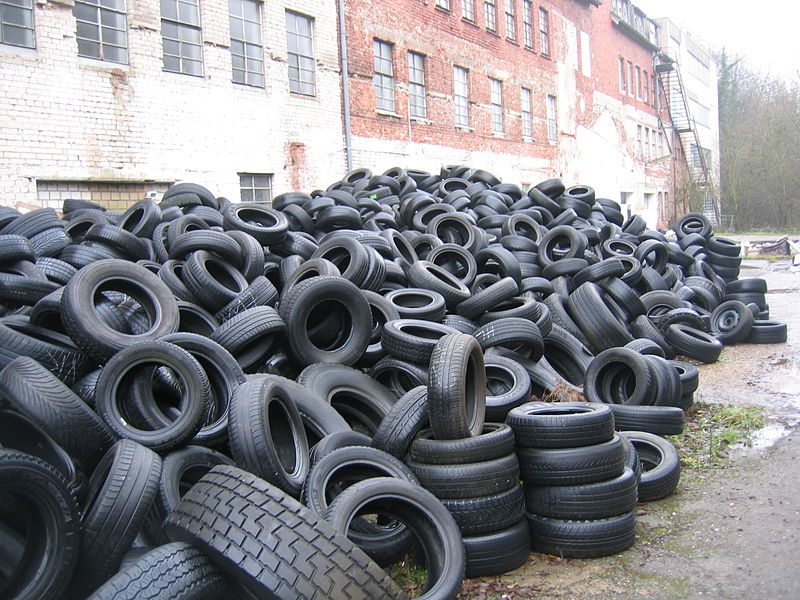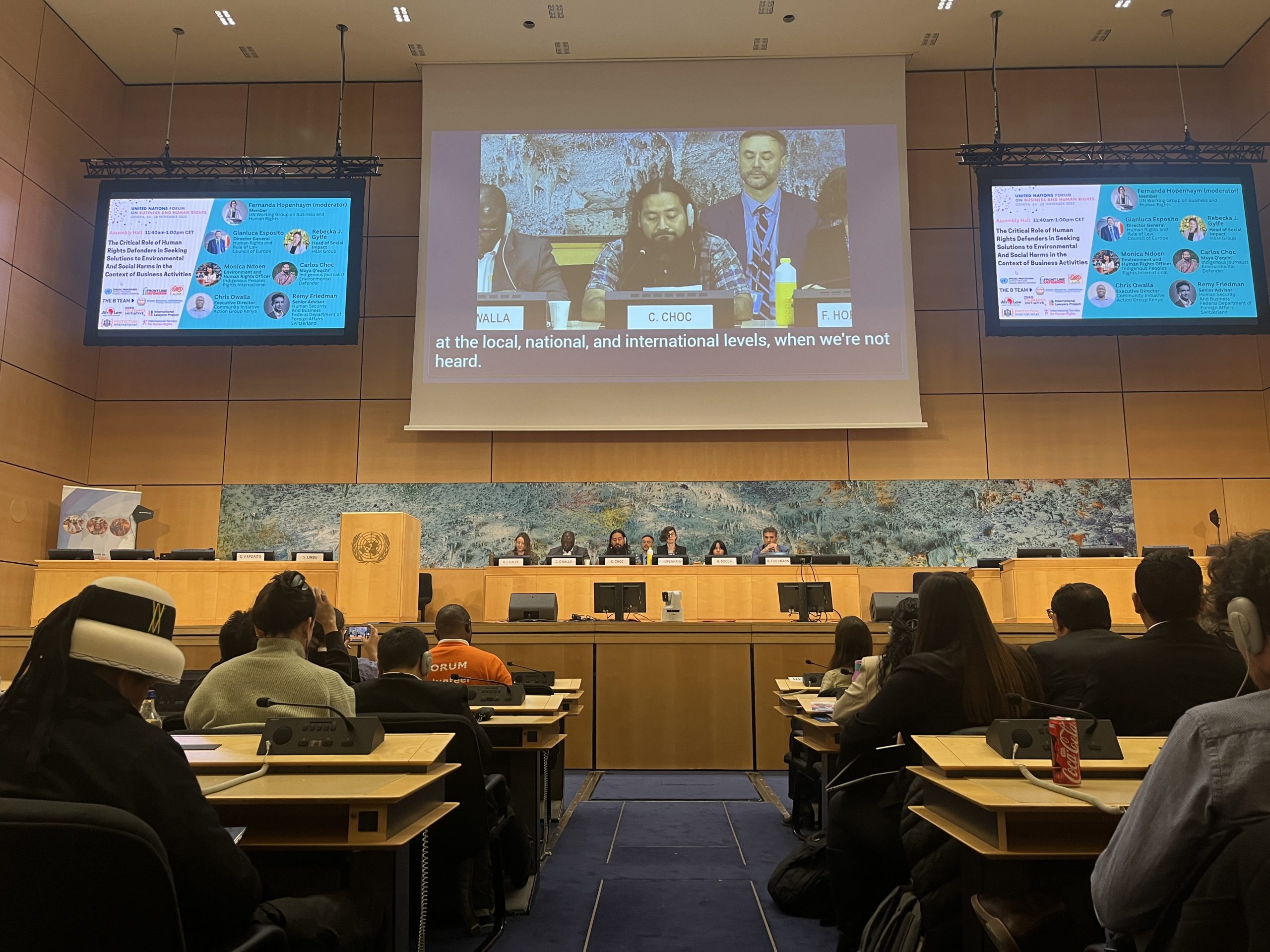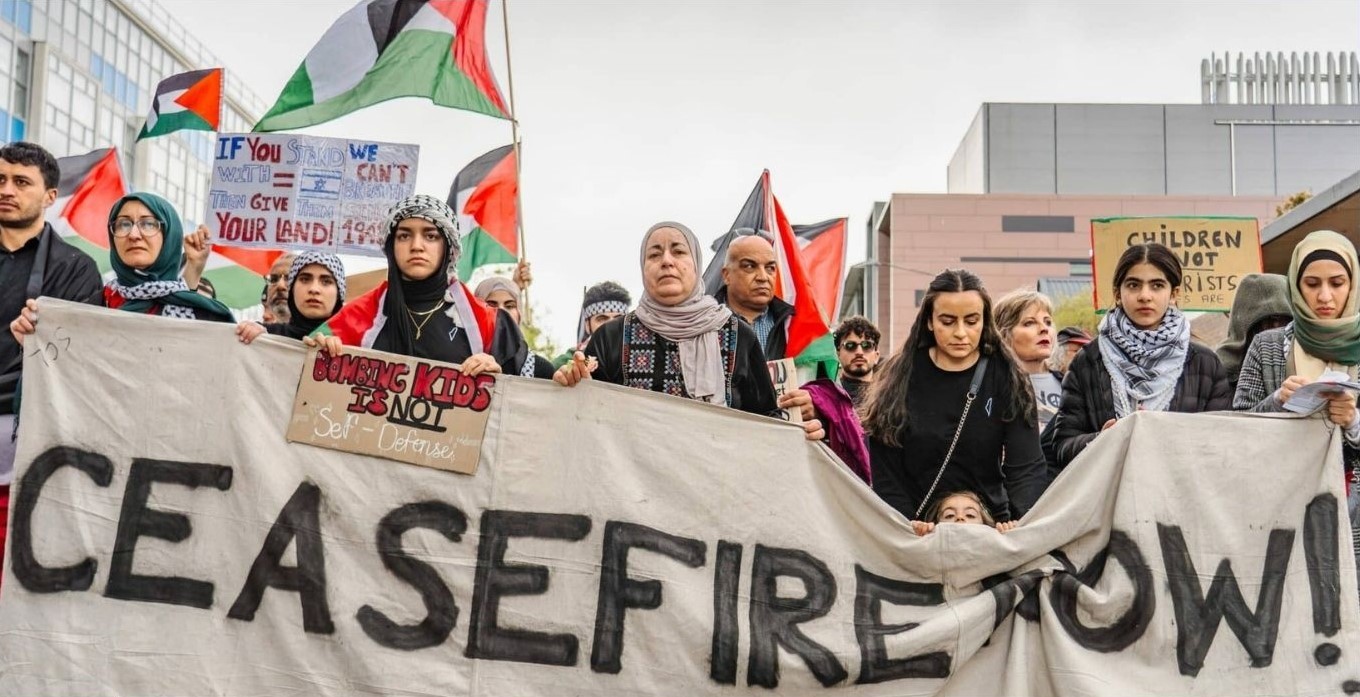Article disponible en français ici.
Lea este artículo en español aquí.
By Michael Posner, Jerome Kohlberg Professor at the NYU Stern School of Business
The theme of this year’s UN Forum on Business and Human Rights is ‘Tracking Progress and Ensuring Coherence’. This Forum marks the fourth anniversary of the UN Guiding Principles, a fitting time to take stock of the business and human rights field. As the organisers of the Forum aptly observe, while there has been progress since 2011 ‘much remains to be done to translate policy statements and commitments into action and to ensure access to effective remedies for victims of corporate related human rights abuses’. One area where greater attention must now be directed is in tackling human rights challenges throughout global supply chains. An essential element of this effort is to create greater transparency, a place where human rights defenders have a vital role to play.
Global supply chains have been fueled by the rapid expansion of market economies since the early 1990s, trade liberalization, and advances in transportation and communication technologies. The expansion of vast global supply chains has occurred in manufacturing, agriculture, fishing and other industries. The supply chain model has had numerous economic benefits to industry, dramatically reducing costs and making a much higher volume of products and commodities available on shorter time lines. These expanded supply chains also have created millions of new jobs, helping lift hundreds of millions of people out of extreme poverty.
But the rapid growth of supply chains also has brought new challenges, subjecting many of those who work in these industries to exploitation and unsafe working conditions that fail to meet international labour rights standards. Host governments in the places where this work is being done have the primary duty to protect these workers, but all too often they lack the will or capacity to protect their own people. In today’s highly competitive global economy, many of these governments actually relax labor regulations and enforcement as they seek to win business from global brands. In many places they also seek to silence, attack or stigmatise trade union organisers and human rights defenders who they see as an impediment to their efforts to woo these global firms to do business in their countries.
In the absence of strong government regulation of these workplaces, global brands and retailers have struggled to define what the UNGPs calls the business ‘responsibility to respect’ human rights. Companies in different industries have taken some preliminary first steps to address these problems, developing a range of tools for doing so. Many have created company codes of conduct and monitoring programmes, employing a policing model of their main suppliers. Others have focused on private capacity building initiatives aimed at improving suppliers’ internal management systems. Some have adopted certification schemes, which combine policing and capacity building. While each of these methods has yielded some episodic improvements, none have successfully addressed the most serious or systematic human rights problems in their supply chains, like factory safety issues in Bangladesh, mistreatment of workers in the Thai fishing industry, child labor in cocoa production in West Africa, or the problems associated with the mining of conflict minerals in the Congo.
Going forward a new approach to supply chains is needed. It should be based on: 1. an industry specific, standards based approach; 2. an assessment of the range of serious risks across each end-to-end supply chain; 3. a new remedial model that shares the costs and commitments among public and private actors; and 4. engagement with human rights defenders, trade unionists and community representatives both in developing standards and monitoring implementation and compliance.
Each industry group needs to work with other key stakeholders to develop common human rights standards and metrics that will set a clear substantive baseline for their industry. These standards need to be applied throughout company’s end-to-end supply chains, including to all who contribute to the value of their end products or commodities. In assessing this universe, a distinction needs to be drawn between visibility and responsibility. The goal should be for companies to gain visibility over the full scope of their operations and those of their contractors and subcontractors, recognising that such full transparency does not mean that they bear the full responsibility for the costs of all remedies. Human rights defenders and worker representatives have a crucial role to play, both in helping to shape these standards and in ensuring full transparency. As they do so they must be protected against harassment or persecution in order to allow them to play this vital role.
Finally, once these real risks and costs have been established, a new remedial model needs to be developed, one that recognises the shared responsibility of global brands, local suppliers, host and home governments, international financial institutions and private philanthropy. Only by allocating the costs across these key private and public institutions will the most serious and important human rights challenges in supply chains be addressed in a meaningful way.
Michael Posner is the Jerome Kohlberg Professor of Ethics and Finance and Co-director of the Center for Business and Human Rights at NYU Stern School of Business. He is a former US Assistant Secretary of State for Democracy, Rights and Labor, and a Board member of ISHR. Follow him on Twitter at @mikehposner.
In the weeks and days leading up to the UN Forum on Business and Human Rights, ISHR will publish a series of articles by leading experts including human rights defenders, UN representatives, diplomats, businesses and international NGOs. Each article will include an analysis of the important role of human rights defenders and will be compiled in a special edition of ISHR’s Human Rights Monitor, to be launched in English, French and Spanish on November 9. The views expressed in the pieces are personal and do not necessarily represent the position of ISHR.




